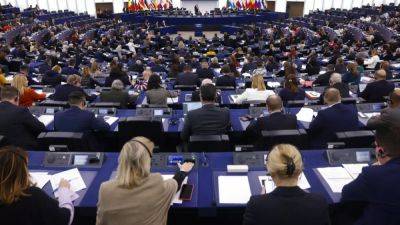Euroviews. Pivotal moment for EU AI regulation: Who will lead the GPAI code of practice?
Within the next three weeks, the AI Office will likely appoint one important group of external individuals that will shape the implementation of a key part of the EU AI Act: the chairs and vice-chairs of the Code of Practices for General-Purpose AI (GPAI) models.
To provide some background: the rise of generative AI — including popular applications such as OpenAI’s ChatGPT — was not only disruptive in economic terms, it also created a political nail-biter at the end of the AI Act trilogue negotiations.
Member states such as France, Germany and Italy were concerned that a regulatory intervention at the foundation of the AI stack was premature and would curb EU start-ups such as Mistral or Aleph Alpha, although — one may recall — France managed to flip-flop a few times before landing on this stance.
The opposite was true for the European Parliament. Concerned by market concentration and potential fundamental rights violations, it proposed a comprehensive legal framework for generative AI, or as baptised in the final law, GPAI models.
With such contrary views, the EU co-legislators opted for a third way, a co-regulatory approach that specifies the obligations of the providers of GPAI models in codes and technical standards.
It was particularly Commissioner Thierry Breton who suggested using this instrument, borrowing a page from the 2022 Code of Practice on Disinformation.
Core similarities lie hidden beyond the governance approach, making flexible codes particularly appropriate for AI safety: the fast-evolving technology, socio-technical values, and the complexities of content policies and moderation decisions.
Not everyone would, however, agree that codes are the appropriate regulatory instrument. Their critics point to the








